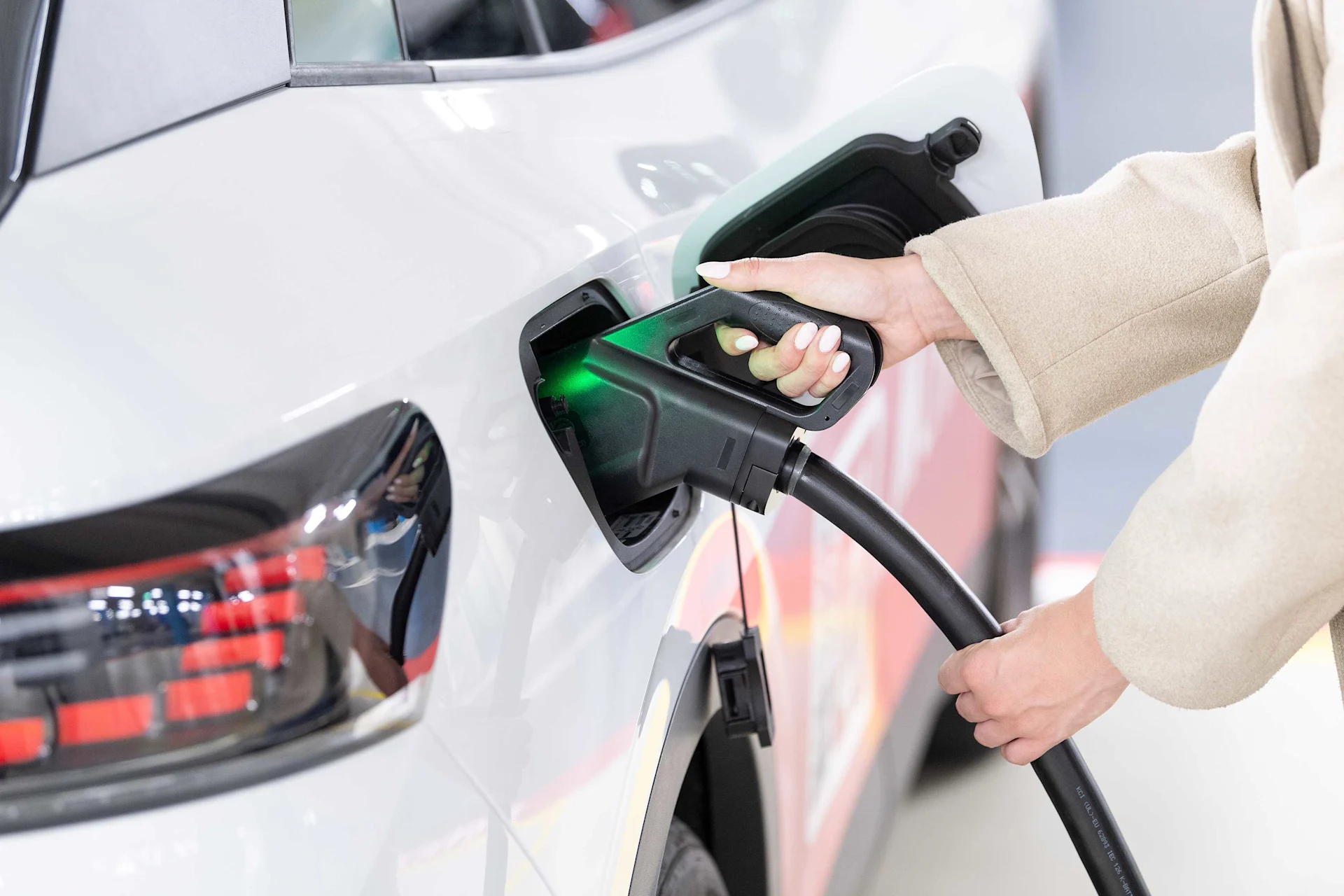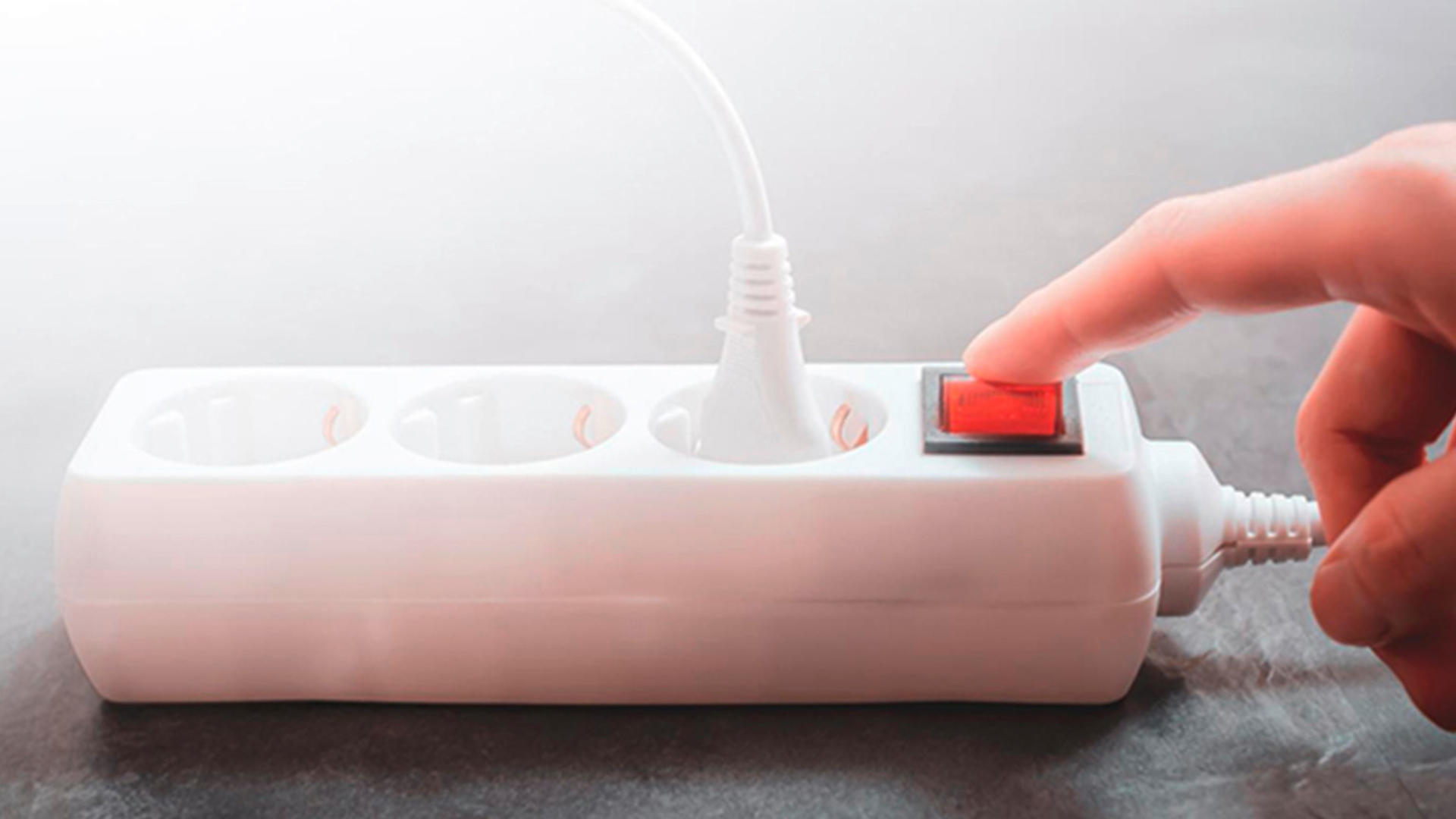
Climate & energy
Maximising your electric car's lifespan
What can you do to ensure that the batterie continues to work perfectly for many years to come?
navigation

Climate & energy
Should I switch off my wi-fi router overnight? What’s the right temperature for the freezer? Our writer sent for the power detective. Here are his energy-saving tips.
Is the coffee machine still lit even though you finished your espresso a while ago? Then you should unplug it as soon as your cup is full from now on, as the machine will keep the water for the coffee warm until you switch it off. Some electricity companies will lend you ammeters, which show that energy consumption always shoots up (to up to 500 watts or more) even though you are no longer making coffee.
Do you work from home every day? No? Then you should unplug your router when you’re not going to be there. It stays switched on all the time in most households, even overnight, consuming some 131 kilowatt hours of electricity per year on average, which costs around CHF 25. You don’t necessarily need to unplug your mobile phone straight away once it’s 100% charged, however, as its power consumption is negligibly low.
At night, go around your home and check how many lights are flashing or lit. Many appliances still “eat up” power even when we are not using them. In Switzerland, the amount of electricity wasted by leaving devices in standby mode every year is enough to power 200,000 homes for a year.
Do you sometimes use your TV to listen to music or the radio? It is using power even when the screen is black. You should generally only use appliances for their intended purpose – they are unbeatable at what they were designed to do. A kettle heats up water more efficiently than any hob. And music speakers fill spaces with sound more efficiently than any TV can.
According to the packaging, your lasagne needs 30 minutes in the oven at 200 degrees. But that doesn’t mean the oven needs to stay switched on for that long. As long as you keep the door closed, the oven will only cool down by around 10 degrees in the 10 minutes after you switch it off – that’s enough residual heat to finish baking your lasagne. A similar thing applies when cooking pasta – putting a lid on the pan means you can turn the hob temperature down by around four “notches”.
Some freezers are set to minus 25 degrees by default, although minus 18 degrees would also be cold enough to store food and preserve its nutritional content.
Have you considered using the heating less this winter? If you live in a block of flats where heating bills are shared, you should speak with your neighbours first. If you turn down the heating but your neighbour above turns it up again because they have cold feet, your efforts will be in vain – and friction between people does not provide heat, unfortunately.
If you switch off the light before leaving a room and then come back two minutes later and switch it on again, you have saved energy. The light may need more energy for a fraction of a second, compared to if it had remained switched on, but this is easily offset by the energy saved during the time it was switched off.
Hardy Schröder (51) has been an energy adviser for the electricity plants in the canton of Zurich. As a power detective, he does house visits and explains how to save energy.
You thereby save electricity as well as energy and help to protect the climate.